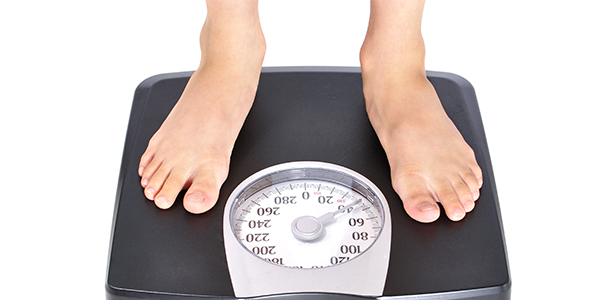Our research is focused on the development and testing of interventions that encourage people to participate in more physical activity and less sedentary behaviour across the lifespan.
Lack of physical activity is recognised as a global public health concern. Inactivity is one of the leading causes of death and disability globally. Physical inactivity is often a neglected risk factor for non-communicable diseases such as cardiovascular diseases, cancer and diabetes.
The World Health Organization (WHO) advocates for increases in physical activity alongside reductions in sedentary behaviour (sitting including screen time) and improved sleep. These inter-linked behaviours are at the forefront of our research.
Most recently our team have published in the areas of these movement behaviours during COVID-19 lockdowns, in the Under 5s and the impact on, and links to, childhood obesity, type 1 diabetes, type 2 diabetes and bone health.
We are also interested in how used to improve health and patient care.
Our team has significant trial experience in children and young people. We will continue to work with schools and families to promote movement behaviours and reduce childhood obesity and related conditions.
We also work globally and have published with researchers from sub-Saharan Africa and the Middle East. We are currently funded by the Sir Halley Stewart Trust to do research in Malawi. In 2021 Dr. Harrington was awarded a Royal Society of Edinburgh Saltire International Collaboration Award for European research into childhood obesity.
Dr. Kirk’s research has contributed to lifestyle management guidelines (both the SIGN Management of diabetes (guidelines 116 and 154) a global physical activity and exercise for diabetes position statement.
To view all our current papers please click into the individual staff profiles here and view the links under the ‘publications’ tab.
We also have a vibrant community of Postgraduate Researchers (PhD and MRes) based here in Scotland and globally.





